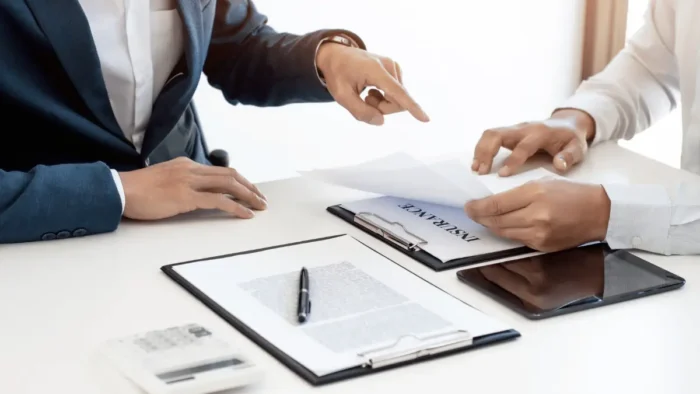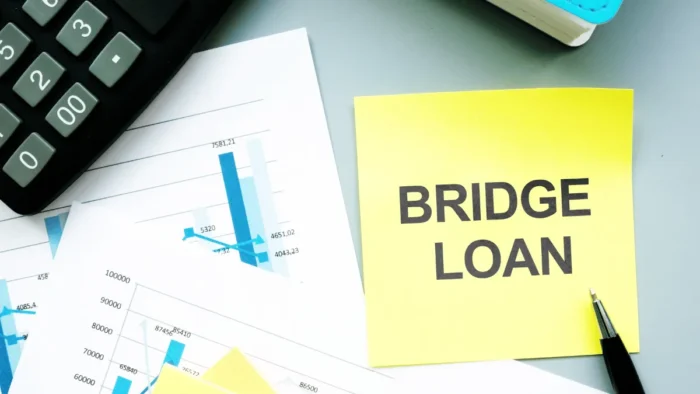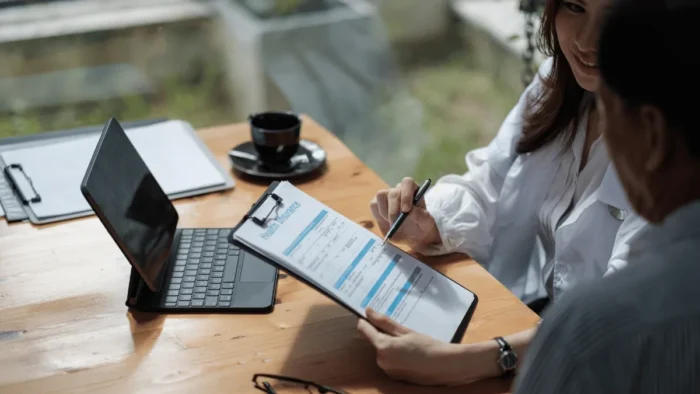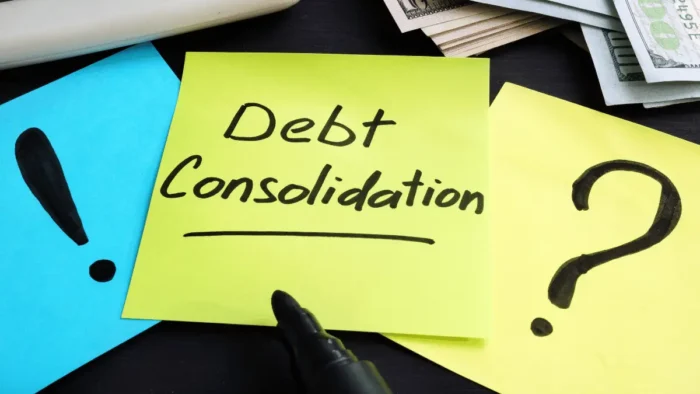Making your payments on time each month is crucial when you have an unsecured loan. If you don’t, your creditor will charge hefty late fees, and there may even be legal trouble. Although there isn’t collateral that can be taken away, like with secured loans, you still need to make payments on time or face penalties.
What happens if you don’t pay an unsecured loan and the consequences of not making your payments.
What Is an Unsecured Loan?
If a loan doesn’t have initial collateral, it’s typically an unsecured loan. This means that if you don’t pay the loan, the creditor cannot take away any property or assets that you may have used as security for the loan, like with secured loans.
Unsecured loans are generally for smaller amounts of money than secured loans, and they are also generally offered to consumers with a proven credit history. However, because there is more risk for the lender in an unsecured loan, the interest rates tend to be higher.
There are a few different kinds of unsecured loans. The most common ones include personal loans, student loans, credit cards, and medical bills.
Consequences of Not Paying Back an Unsecured Loan
There may be consequences when you avoid making payments on your unsecured loan. These outcomes range from late fees to damaging your credit score and legal trouble.
Below are some common penalties for not paying back your unsecured loan.
Hefty Late Fees
Most creditors will charge late fees if you don’t make a payment by the due date. The amount of these late fees can vary, but it’s usually a percentage of your outstanding balance or a fixed dollar amount. The longer you wait to make late payments, the more money you will likely owe. Fees will also continue to accrue until you pay your outstanding balance in full.
If you’re already struggling, these fees can quickly add up and make it even harder to pay off your loan.
Bank Account Overdrafts and Fees
If you don’t have money in your account to cover the amount of your unsecured loan payment, your bank may overdraft your account. This can result in additional fees from both the bank and the creditor.
Overdrafts and additional fees from the bank can quickly add up, making it even harder to pay back your unsecured loan. In addition, a negative bank account is especially risky if your utilities and other bills are automatically deducted from your account.
Collections
If you’ve already missed several payments, your creditor may send the debt to collections. Unfortunately, this means that a third party will oversee trying to get the money you owe.
The collection agency may contact you by phone, mail, or even in person. They may also try to take legal action against you if they can’t get the money you owe.
When your loan is sent to collections, it will appear on your credit report. This process can damage your credit score and make it harder to get future loans or lines of credit.
Legal Trouble
If you don’t make any payments on an unsecured loan for an extended period, the creditor or collection agency may sue you for the debt. This means that they will take you to court to get the money you owe.
If the opposing party wins the case, they may be able to garnish your wages or take away some of your assets to pay off the loan.
If you still haven’t paid back your unsecured loan after a court case, the creditor may decide to take more extreme measures.
Damaged Credit Score
If you don’t make your payments, your credit score may drop. This can have severe implications because future lenders look at your credit score when deciding whether to approve you for a loan. They also look at your credit when determining what interest rate to give you for your loan.
A lower credit score means that you may have to pay more money for a loan, and it will be harder to get approved for one at all. It could also lead to you paying more money in interest.
May Have to Take out a Secured Loan
If you’re struggling to make your unsecured loan payments, you may have to take out a secured loan. As previously discussed, this type of loan is where you put up collateral, such as your car or house, to secure the loan. Secured loans can be risky because the creditor can take away your possession if you can’t repay the secured loan.
This option is not recommended if you’re already struggling to make your payments on your unsecured loan. Furthermore, taking out a secured loan may not be an option if you don’t have any assets that you can use as collateral.
Things to Do If You Can’t Make Your Payments
If you’re struggling to make your unsecured loan payments, there are a few things you can do:
- Talk to your creditor about setting up a payment plan that works for you.
- See if you can get a lower interest rate on your unsecured loan.
- Sell your unused or unwanted belongings to get the money you need to pay off your loan.
- Refinance your unsecured loan into one with a lower interest rate.
Communication is key if you’re struggling to make your unsecured loan payments. Talk to your creditor and see if any solutions can help you get back on track. It will soon be too late to develop a payment plan or take other measures to help you out if you don’t.
Conclusion
If you can’t make your payments, don’t panic. There are options available to you to help you get back on track. First, talk to your creditor or the collection agency as soon as possible so that you can come up with a plan to pay off your loan.
When it comes to paying unsecured loans, it is vital to reach out for help if you need it. You may be able to work out a payment plan with your creditor or find another way to get the money you need each month. However, do not wait until it is too late, as this can lead to more fees and damage to your credit score.





